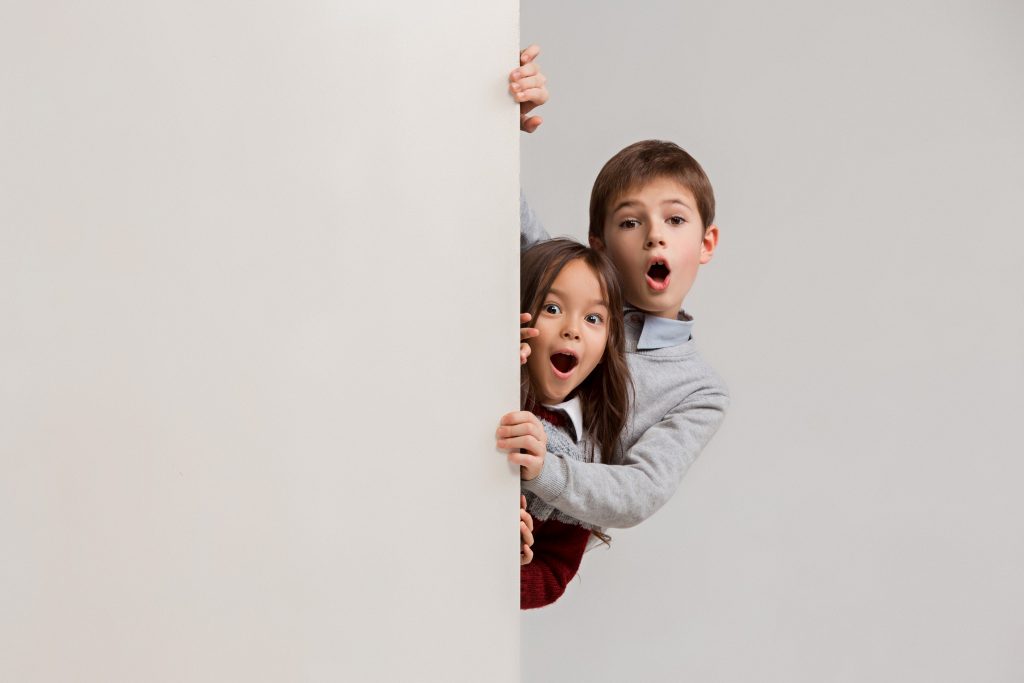
Everything Happens for a Reason
We have all heard or given an irrational, or teleological, explanation about why something happens. This rings true, for example, if you’ve ever thought, ”We crossed paths today because it was fate – I had to see you.”
Children have been known to be more likely to give in and believe in such explanations more than adults. As they get older, they abandon this type of belief (Bering and Parker (2006). However, this belief seems to be widespread among adults affected by natural disasters (Beck, 2011).
A recent study was done with children ages 5 to 7 and 8 to 10, and with adults, regarding their beliefs about why things happen (Banerjee & Bloom, 2015). This study provided participants with 12 descriptions of stories about things that happened to 12 children. The stories included two additional characters that tried to explain why these things had happened to the child, by giving two different perspectives as an explanation. One perspective was rational and the other, teleological. For example, when faced with the situation: ”Brianna’s pet left the house,” one character would say ”That happened because Brianna left the door open,” and the other character would say, ”That happened to teach Brianna that having a pet is a big responsibility.”
The younger children, ages 5 to 7, preferred the teleological explanation. However, this trend disappeared with age. The older children, ages 8 to 10, found both explanations equally plausible while adults dismissed the teleological explanation. The trend among the three age groups occurred regardless of their religious beliefs.
One way to explain this outcome is by claiming that, due to children not fully understanding the natural and physical causes in nature, they fill in these gaps by building false analogies between the things cause by humans and natural entities, by inferring that animals and nature have been designed for a purpose (Rottman & Kelemen, 2012).
References:
- Banerjee, Konika, and Paul Bloom. 2014. “‘Everything Happens for a Reason’: Children’s Beliefs About Purpose in Life Events.” Child Development 86 (2): 503–18. https://doi.org/10.1111/cdev.12312.
- Banerjee, Konika, and Paul Bloom. 2014a. “Why Did This Happen to Me? Religious Believers’ and Non-Believers’ Teleological Reasoning about Life Events.” Cognition 133 (1): 277–303. https://doi.org/10.1016/j.cognition.2014.06.017.
- Beck, Glenn. 2011. “The Glenn Beck Program.” Mercury Radio Arts.
Learn More:
- Do You Know What a Right Angle Is?
- Preferred Ways to Learn, Not Learning Styles
- Helicopter Parent and Tiger Mothers
- Practice and Repetition as the Base of Learning
- Statistics: What It Is and What It’s Used For
- Master Math! 10 Reasons to Help Your Child do Just That - 05/28/2020
- Why Do Children Believe That Things Happen? - 05/25/2020
- Is Self-Control Linked to Health? - 05/19/2020







